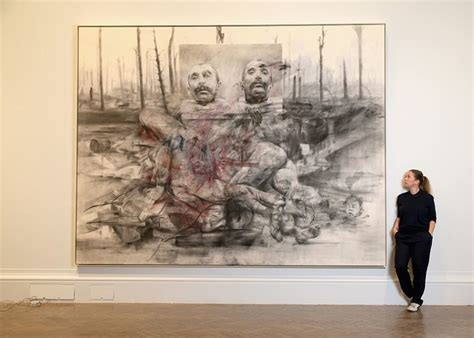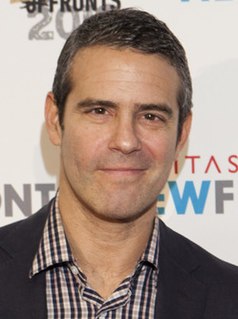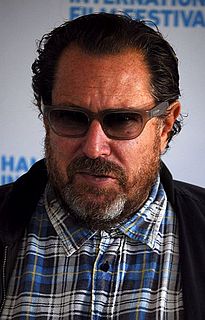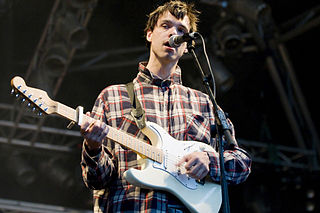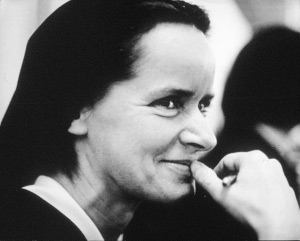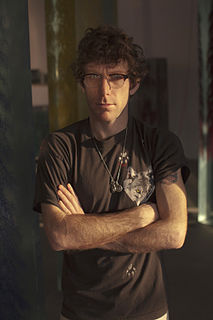A Quote by Jenny Saville
Whether you think you like Rubens or not, his influence runs through the pathways of painting. Like Warhol, he changed the game of art.
Related Quotes
I'm not anti conceptual art. I don't think painting must be revived, exactly. Art reflects life, and our lives are full of algorithms, so a lot of people are going to want to make art that's like an algorithm. But my language is painting, and painting is the opposite of that. There's something primal about it. It's innate, the need to make marks. That's why, when you're a child, you scribble.
I feel like what's most important for painting - which has been hierarchically on the top for a really long time in terms of what is considered fine art, by comparison with something like a comic book or what's considered low art - is that painting should open up laterally to include other cultures and things that don't immediately resonate as a painting but are obviously of equal contribution to the genre.
Man finds his pathways: at first they were foot-tracks, as those of the beast in the wilderness; now they are swift and invisible: his thought dives through the ocean, and his wishes thread the air: has he found all the pathways yet? What reaches him, stays with him, rules him: he must accept it, not knowing its pathway.
